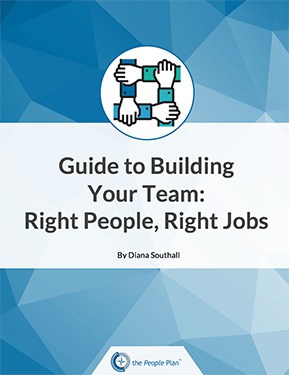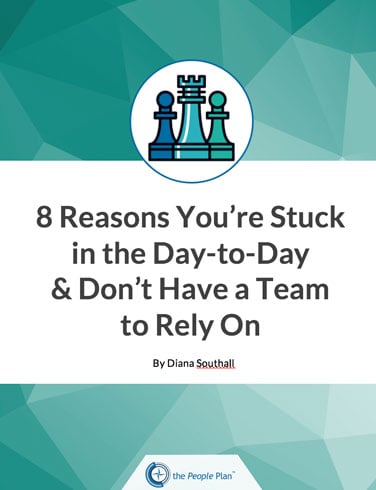In my informal poll of employees and human resource professionals, most are not satisfied with the performance review process at their organization. The “annual review” is often the most dreaded event for employees and managers alike (hundreds of studies back up my personal polling results) go to this web-site. Don’t blame HR people—they have the best of intentions.
You see, employees crave performance feedback — really! (next week our blog post will focus on the value of feedback). The problem is that they are not getting enough between the “annual reviews” and that managers are not doing a very good job with the conversation during the annual review (or worse, the reviews are less frequent than annual or not at all).
Performance management is not just an annual event with a sit down conversation and simplifying an entire year of an employee’s conversation to a single number. The term performance management refers to all the efforts of peers, managers, measurement and systems that literally “manage” or guide an employee’s performance to do work that accomplishes an organization’s goals.
A terrific Aberdeen Group report found out what differentiated the “Best in Class” employers from the “Laggards” in the area of performance management. At Best in Class companies, 88% of managers reached agreement on performance goals between a manager and a worker (compared with 77% of others). Simple stuff that they should be doing, but how they did this was remarkable —83% of Best managers provided ongoing, informal feedback compared to 43% of the lowest performing companies.
Wait until you here the impact of having great managers that align and focus employee productivity—at Best in Class employers, these managers rated 71% of employees as exceeding expectations, compared to 20% of those employers with average performance to their industry and 13% of lower performing companies. (Also, 62% of employees at Best employers were engaged compared to 28% at laggards).
So this means that Best companies had 6 times are many Top Performers– no wonder they hit the ball out of the park compared to their competitors!
The study also found that there were reasons Best employers had more effective manager- employee conversations, as they provided tools and training for managers on how to engage workers and deliver effective performance reviews.
Compare this to an organization I recently worked with. The organization had no performance review process, so a new manager took the initiative to copy the one used by his wife’s employer. He then completed the reviews by himself, handed them to employees with the comment “let me know if you have any questions.” And yes, each employee was given a number, but no, the reviews never left his office (I do not believe the general manager or HR even knew about this). I definitely give him an “A” for effort—but put yourself in the mind of the employee—what must they be thinking?
Read the Aberdeen report, the Engagement Performance Equation
Image courtesy of David Castillo Dominici at FreeDigitalPhotos.net




